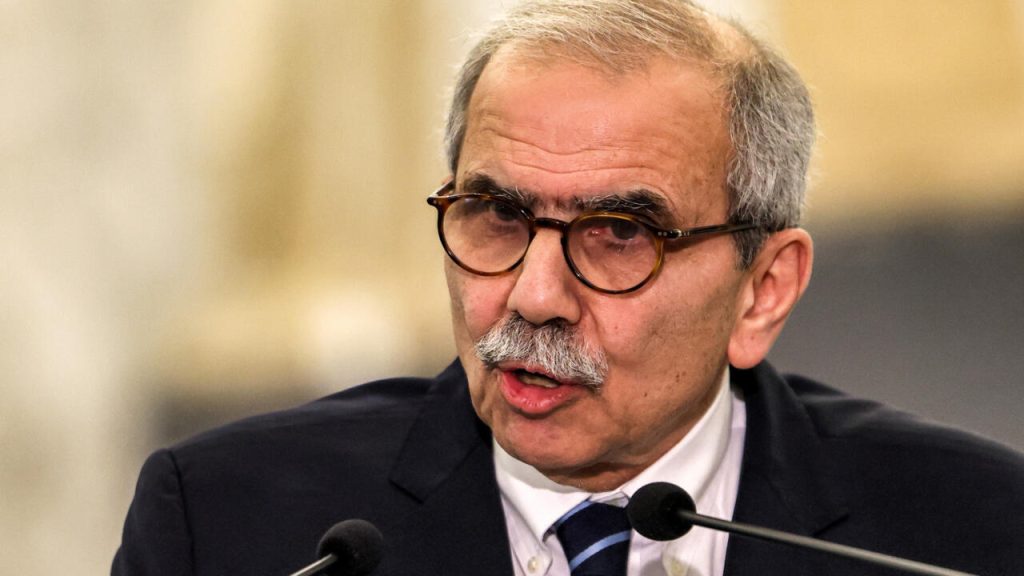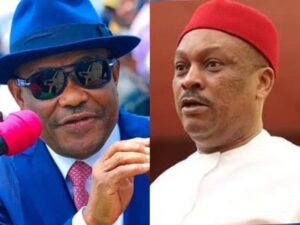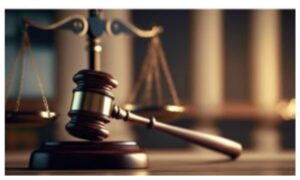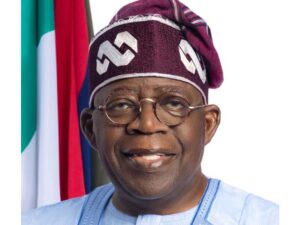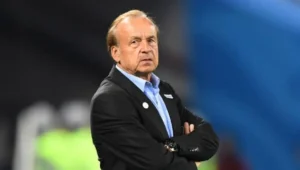Lebanon has officially formed a new government after weeks of negotiations. The new Prime Minister, Nawaf Salam, announced the 24-member cabinet on Saturday at the presidential palace.
He said the government’s main focus would be financial reforms, reconstruction, and enforcing a United Nations resolution to maintain stability on the border with Israel.
Lebanon’s political system divides government positions among different religious groups. This often leads to long negotiations.
The main delay was over the selection of Shi’ite Muslim ministers, who are usually chosen by Hezbollah and its ally, Amal.
The United States strongly opposed Hezbollah’s involvement in the government. US Deputy Middle East Envoy Morgan Ortagus called Hezbollah’s presence in the cabinet a “red line” and praised Israel for weakening the group. This statement led to protests in Lebanon.
The new cabinet must now draft a policy statement, which will outline its plans and priorities. After that, Lebanon’s parliament will need to approve the government with a confidence vote before it can fully start working.
Lebanon’s new government hopes to bring stability and access much-needed funds for rebuilding the country. However, political divisions and international tensions could make this process challenging.
